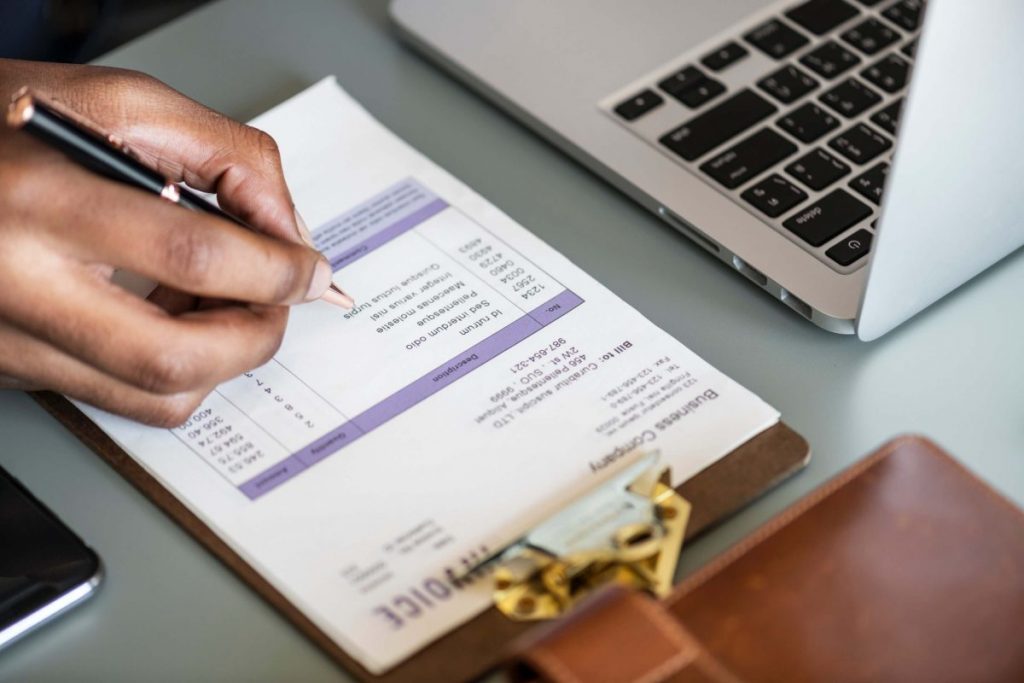
Note: This post has been updated for the 2019 tax season.
Question: Do I have to file quarterly taxes as a small-business owner?
Answer: Yes – unless you expect to owe less than $1,000 in taxes to the Internal Revenue Service at the end of the year, or less than $500 in the case of corporations, you have to pay estimated tax quarterly. You probably remember a portion of your check being taken by the state and federal governments back when you worked for someone else. Running your own business doesn’t get you out of having to pay those taxes and I always recommend meeting with an accountant to figure out exactly what you’re expected to owe as underpayment can mean a hefty fine.
[Related: 5 Reasons Why You Should File for a Tax Extension]
Question: Can’t I just wait till the end of the year and pay one lump sum?
Answer: No – the IRS wants to collect taxes throughout the year. If you miss quarterly payments, you’ll accrue penalties and interest. (Please note: If you want to pay in full, you need to estimate your payment for the entire tax year ahead – and not every entrepreneur can make this kind of payment in advance.) Quarterly payments must be filed by the 15th of January, April, June, and September. Should 15th fall on the weekend, the deadline is moved to the following Monday.
The best way to calculate how much you owe in estimated tax is to use Form 1040-ES. The IRS offers a variety of avenues to entrepreneurs to make your estimated tax payments. You may pay by mail, by phone, and/or online using direct pay or debit/credit options.
[Related: Why You Should Start Thinking About the 2019 Tax Season]
Question: What is self-employment tax?
Answer: Less discussed than estimated taxes, but equally as important to entrepreneurs, are self-employment taxes. If you are in business for yourself — a sole proprietor, independent contractor, or member of a partnership that carries on a trade or business — you are classified as self-employed through the eyes of the IRS.
Self-employment tax, abbreviated as “SE tax,” covers what you owe for Social Security and Medicare. The IRS advises using Schedule SE (Form 1040) to determine your self-employment taxes. At present, the self-employment tax rate is 15.3 percent. 12.4 percent is for Social Security and 2.9 percent is for Medicare.
Still not sure if you should pay self-employment tax? Figure out your net profit or loss from your business by subtracting your business expenses from your business income. This helps you determine if you are subject to self-employment and income tax. If you are self-employed with net earnings of $400 or more, you must file an income tax return and self-employment tax.
[Related: Does My Side Business Affect My Taxes?]
Question: What else affects my taxes as a small business owner?
When the tax reform bill called Tax Cuts and Jobs Act passed in 2017, entrepreneurs everywhere were concerned about how the bill would impact their businesses. It’s natural to have ongoing questions about these changes and taxes in general, no matter how established your business may be.
My best recommendation is that entrepreneurs with tax concerns meet with their CPA or tax preparer. Schedule an appointment early on to address any questions you may have and seek out filing assistance. If you don’t already have one, start looking for a trusted professional. Reach out to other entrepreneurs for recommendations, too.
Meanwhile, stay organized with your records year-round. Hang on to your receipts, electronic and hard copy alike. Keep both document types carefully organized — everyone from your tax preparer to your own self will thank you for doing this later!
Deborah Sweeney is the CEO of MyCorporation.com which provides online legal filing services for entrepreneurs and businesses, startup bundles that include corporation and LLC formation, registered agent services, DBAs, and trademark and copyright filing services. You can find MyCorporation on Twitter at @MyCorporation.
Got a question for Deborah? Ask it in the comment section.
Are you looking to open a small business? Here are a few more helpful articles from Deborah Sweeney to get you started:
Should I Form a Manager-Managed LLC?
What is an EIN and Why Do I Need One?
Do I Need a Business License?
How to Form an LLC

